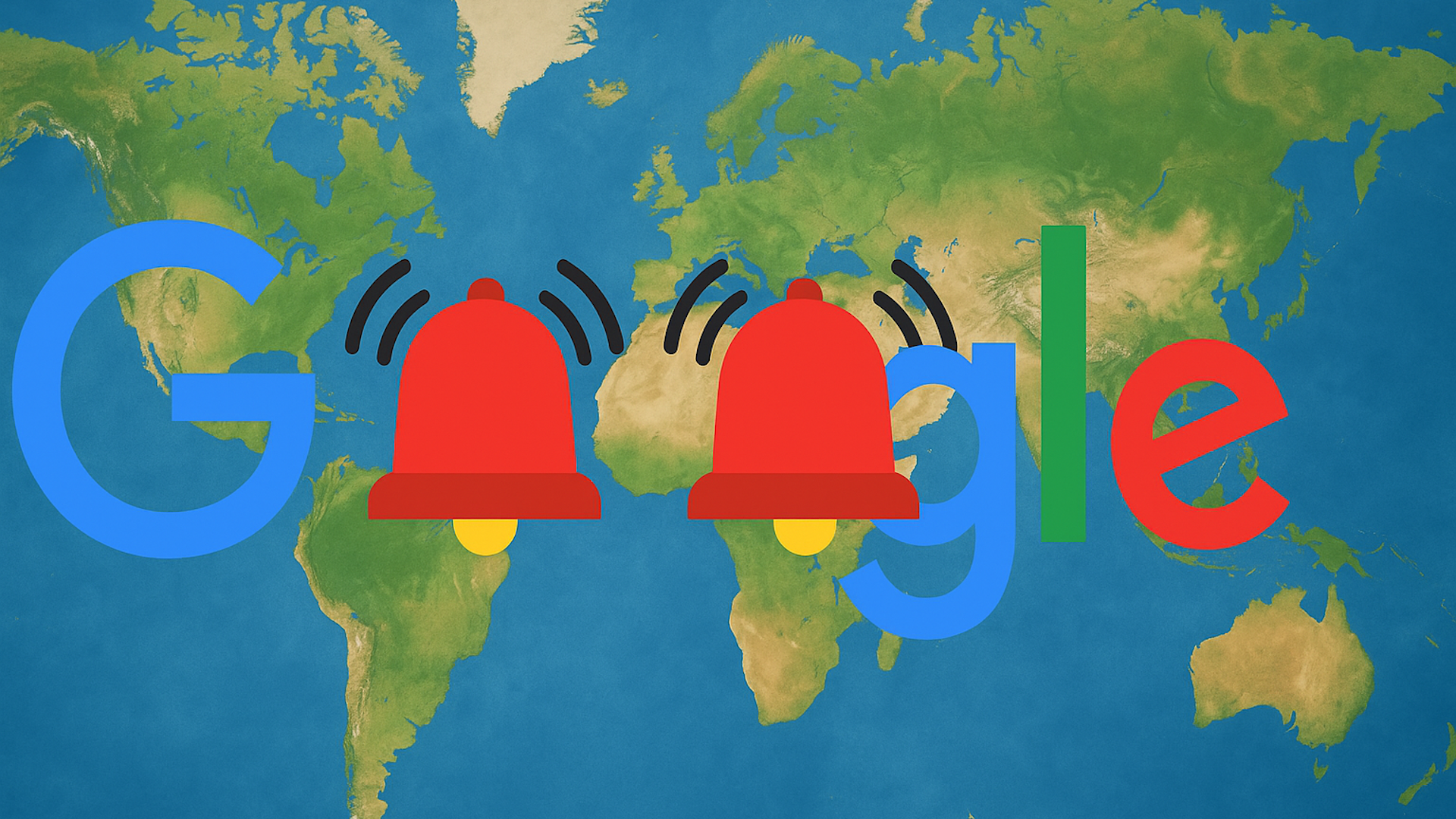
In the ever-evolving landscape of SEO and digital publishing, a recent claim made by Ahrefs has ignited a contentious debate. The assertion that Google is “stealing” international search traffic by showcasing machine-translated foreign-language content on its platform—thereby sidestepping original publishers—poses critical questions about the future of content distribution and visibility online.
At the heart of this discussion lies a nuanced perspective on Google’s role in serving content. Ahrefs argues that when high-quality localized pages are unavailable, Google defaults to serving translated versions through proxy domains, potentially diminishing the volume of referral traffic to original publishers. However, Google’s position is clear: such translation proxies are enacted primarily due to the absence of quality local content. This distinction is vital, as it suggests that the search engine’s intentions are rooted in filling content gaps, rather than undermining publishers intentionally.
User experiences also heavily depend on the browser being used. For instance, while Google Chrome generally directs traffic to the original source—allowing for user-initiated translations—other browsers like Safari and Firefox may route users through Google’s translation proxies, which can exacerbate traffic losses for publishers. This divergence points to the importance of browser choice in the broader picture of content accessibility.
To further understand the implications of these claims, controlled tests were conducted examining Google’s translation proxies across various markets. The results indicated that while risks of disintermediation are present, they vary significantly based on user configuration, leading to an inconsistent impact rather than a one-size-fits-all threat. In light of these findings, the article encourages publishers to scrutinize their traffic sources, particularly browser usage, to discern their vulnerability to Google’s translation practices. Localizing content can serve as an effective strategy to diminish potential traffic losses associated with proxy translations.
Moreover, it is essential for publishers to explore alternative solutions that Google may adopt. Suggestions range from prioritizing lower quality local results to linking directly to the original pages with translated snippets, thereby granting more control back to content creators. As the digital ecosystem continues to evolve, the relationship between Google and publishers necessitates a reevaluation of how value is distributed. Equitable treatment that includes user accessibility alongside publisher recognition is crucial for fostering a balanced digital environment.
Lastly, as search engine behavior evolves in tandem with advancements in technology and AI, it is incumbent upon publishers to adapt. Leveraging insights gained from such shifts is imperative for ensuring fair representation and collaboration with platforms like Google.
In a world where content creators must be agile in their strategies, integrating tools like URL shorteners can aid in managing how links to localized content are shared across platforms. Services that provide functionalities for short link management or custom domains can further enhance content visibility, circumventing some limitations posed by browsing behavior. Ensuring that URL links are concise—as with platforms like BitIgniter, LinksGPT, and others—heightens the efficiency of digital marketing efforts while preserving the integrity of the publisher’s brand.
As the dialogue surrounding Google’s impact on international search traffic continues, stakeholders across the SEO and publishing realms should remain vigilant, adapting strategies to navigate the shifting dynamics that define the distribution and monetization of digital content.
#BitIgniter #LinksGPT #UrlExpander #UrlShortener #SEO #DigitalMarketing
Want to know more: Read more

